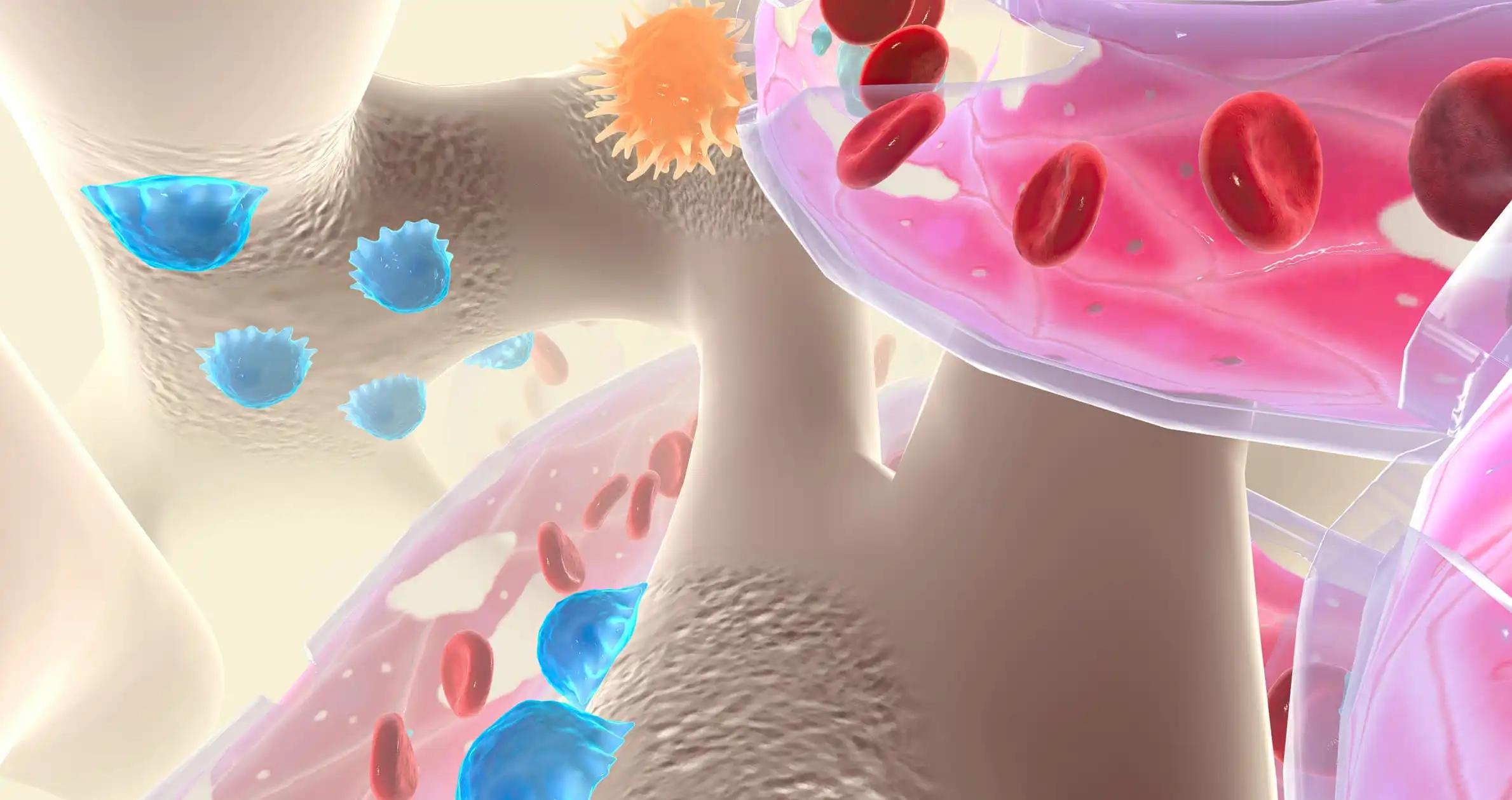KEY TAKEAWAYS
- The SACHA trial aimed to investigate the prevalence, activity, and safety of innovative anticancer therapies prescribed under compassionate use in pediatric oncology.
- All anticancer prescriptions approved for pts under 18 in France from 2020 to 2022 were analyzed for safety and activity.
- The study showed the importance of collaboration between academia and regulators to monitor the compassionate use of experimental anticancer therapies in children and adolescents with cancer.
Innovative anticancer therapies are often prescribed to children with cancer under compassionate use, but these prescriptions are rarely reported, and information about their activity and safety is mostly based on small, retrospective studies from individual hospitals.
Researchers aimed to investigate the prevalence, activity, and safety of innovative anticancer therapies prescribed under compassionate use in pediatric oncology.
The study analyzed anticancer drug prescriptions approved by the French National Agency for the Safety of Medicines and Health Products (ANSM) for patients(pts) under 18 years of age from January 1, 2020, to December 31, 2022. The ANSM granted early drug access in cases of unmet medical need, a positive benefit-risk profile based on preliminary data, and when pts had no access to these drugs within clinical trials. The SACHA France study obtained patient safety and activity data during 2020-2021.
In the given period, 1,022 compassionate use prescriptions for anticancer treatments were authorized by ANSM. The most commonly prescribed drug was a drinkable solution of methotrexate (n = 526). Of these, 383 prescriptions met the SACHA study criteria (anti-cancer innovative therapies not approved in Europe or new formulation of an already approved drug after 2007). During 2020-2021, 28 therapies were prescribed to 188 pts in a French Society of Pediatric Oncology (SFCE) center. Unfortunately, 14 pts never received the prescribed drugs, primarily due to early mortality. Among the 174 eligible pts from 21 SFCE centers, 107 (approximately 61%) were enrolled in the SACHA study (56% in 2020 and 67% in 202. The median age was 6.0 years (range: 0.3 -17.3). The main cancer types treated were central nervous system (CNS) tumors (69), followed by non-CNS tumors (24), and leukemia/lymphoma (14). The primary prescribed therapies targeted MEK/BRAF (66), EZH2 (11), BLC2 (7), and ALK/ROS1/MET (5). Among the 107 pts, 40 (37%) experienced at least a grade ≥2 clinical and/or grade ≥3 biological adverse drug reactions (ADR), leading to treatment delays in 15% of pts. Overall, 10 serious ADRs were reported in 10 pts. As of the latest update, 53 out of 107 pts had discontinued their treatment, primarily due to disease progression (33), followed by physician decisions (11), and toxicity with physician decisions (8). The 12-month progression-free survival (PFS) rate was 49% (95% CI: 38-60%), with a median follow-up of 334 days for pts receiving therapy.
The study showed the importance of collaboration between academia and regulators to monitor the compassionate use of experimental anticancer therapies in children and adolescents with cancer.
Source: https://ascopubs.org/doi/abs/10.1200/JCO.2023.41.16_suppl.10019
Clinical Trial: https://clinicaltrials.gov/study/NCT04477681
Pablo Berlanga, Liora Brunel, Isabelle Aerts, Lee Aymar Ndounga-Diakou, Marie Gadeyne, Nadège Corradini, Stephane Ducassou, Marion Strullu, Emilie De Carli, Nicolas André, Natacha Entz-Werle, Sandra Raimbault, Dominique Plantaz, Samuel Abbou, Marianne Roumy, Marjolaine Renouard, Virginie Gandemer, Salim Laghouati, Isabelle Yoldjian, and Gilles Vassal. DOI: 10.1200/JCO.2023.41.16_suppl.10019 Journal of Clinical Oncology 41, no. 16_suppl (June 01, 2023) 10019-10019.



